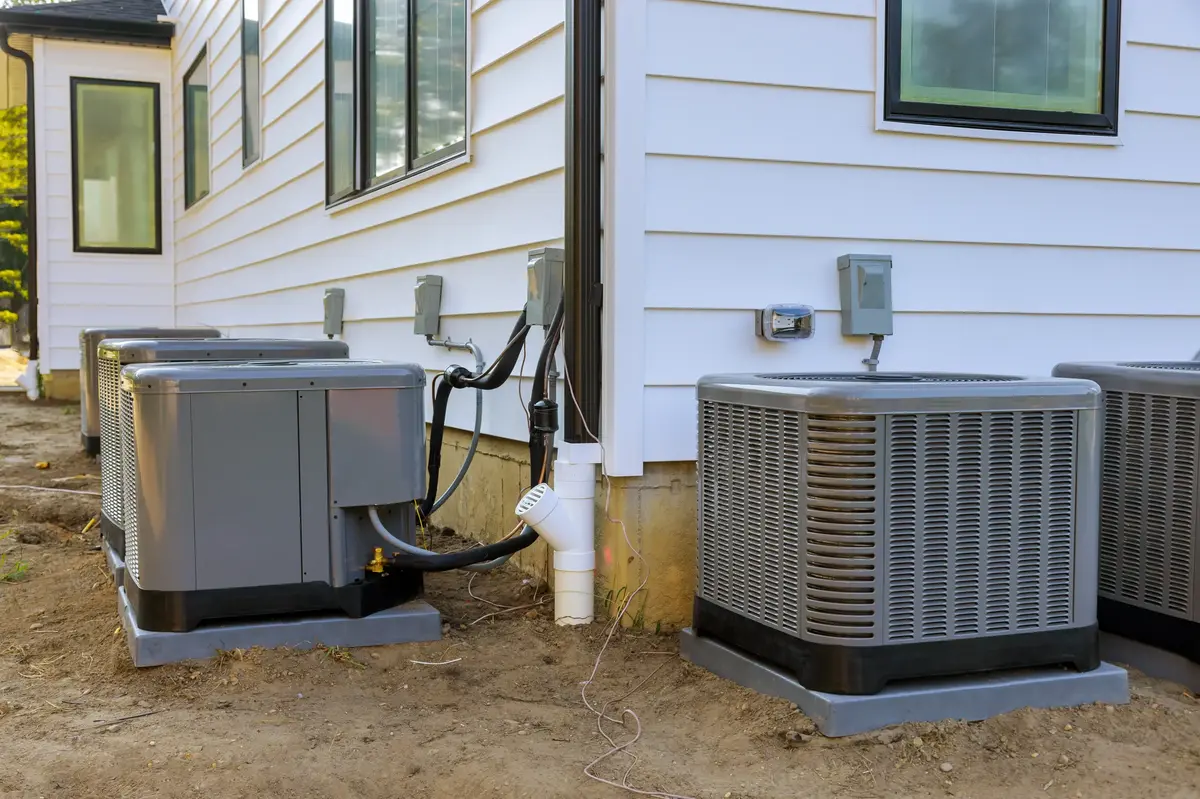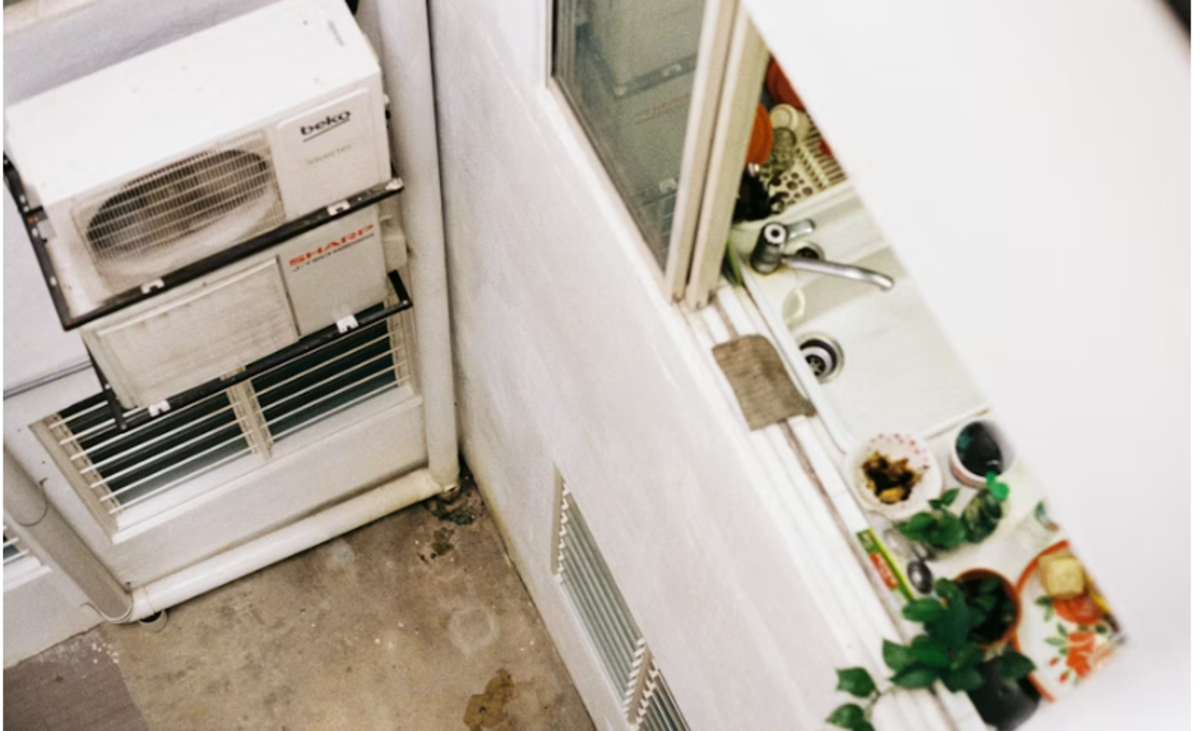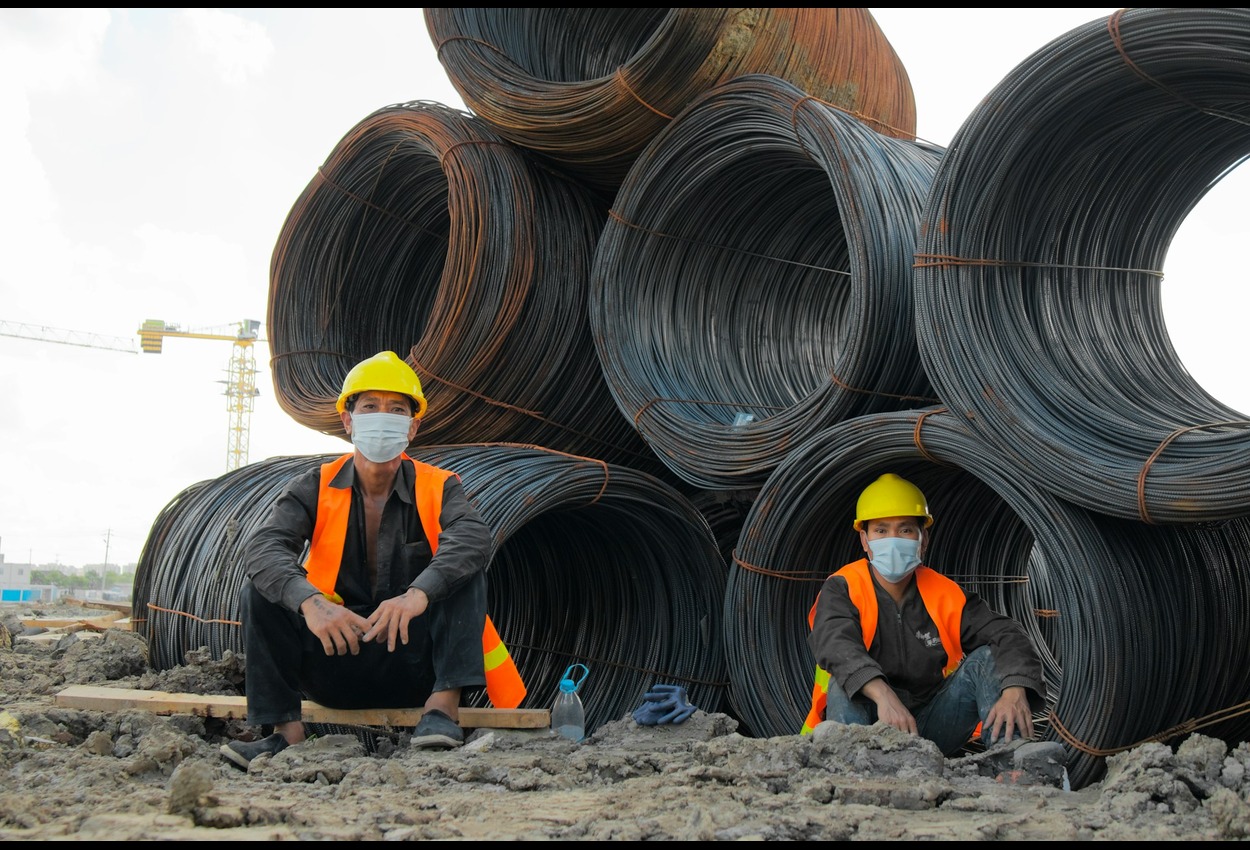Key Takeaways:
- Regular maintenance ensures efficient HVAC performance and extends the system’s lifespan.
- Properly functioning HVAC systems improve indoor air quality and energy efficiency.
- DIY maintenance can complement professional services for optimal results.
- Innovative technology enhances HVAC system control and reduces energy waste.
Table of Contents:
- Introduction
- Understanding HVAC Maintenance Basics
- Common HVAC Problems and Their Prevention
- The Importance of Professional HVAC Inspections
- Energy Efficiency and HVAC Systems
- The Role of Smart Technology in Modern HVAC Systems
- Conclusion
Introduction
Ensuring a comfortable living environment throughout the year largely depends on the efficiency of your home’s HVAC system. A well-maintained system guarantees comfort, promotes energy efficiency, and reduces utility costs. Regular maintenance can significantly extend the lifespan of HVAC units while enhancing indoor air quality. Homeowners can take proactive steps to sustain system health and optimize performance by understanding the fundamentals of HVAC maintenance.
This article delves into various aspects of HVAC maintenance, addressing common issues, exploring the significance of professional inspections, and highlighting the benefits of employing innovative technology. Following these guidelines allows homeowners to enjoy a comfortable and energy-efficient home environment.
Understanding HVAC Maintenance Basics
Maintaining an HVAC system involves several essential tasks that aim to boost performance and reliability. One of the most straightforward yet crucial tasks is the routine replacement or cleaning of air filters. Over time, filters trap dust, pollen, and other particles, which, if neglected, can accumulate and reduce airflow. This leads to inefficient system operation and increased energy consumption. Homeowners can ensure efficient airflow, improve indoor air quality, and prevent premature system wear and tear by engaging in HVAC preventative maintenance, such as regular filter changes.
Beyond filters, inspecting ductwork for damage or obstructions is another key maintenance task. Blockages or leaks in ducts can cause inadequate air distribution throughout the home, leading to increased energy bills and discomfort. Ensuring the integrity of the duct system is vital for maintaining consistent indoor temperatures and efficient system operation.
Ensuring the thermostat functions correctly also plays a significant role in maintaining HVAC efficiency. Aging thermostats can give inaccurate readings, leading to improper system cycling, wasting energy, and increasing wear on system components. Regular calibration and updating of innovative models can lead to more precise indoor climate control.
Common HVAC Problems and Their Prevention
HVAC systems can encounter several common issues, particularly when they are not regularly maintained. Examples of such issues include clogged air filters, which impede airflow and strain the system, and blocked vents, which can disrupt air distribution and lead to uneven heating or cooling. Additionally, thermostat malfunctions can lead to inconsistent temperatures and increased energy consumption.
Prevention begins with understanding these issues and adopting proactive measures. Regular inspection and maintenance routines, including replacing filters monthly and ensuring unblocked vents, can mitigate many of these problems. Homeowners should also pay attention to any unusual noises or decreased performance, which could indicate underlying issues requiring prompt attention.
The Importance of Professional HVAC Inspections
While homeowners can manage many aspects of HVAC maintenance, professional inspections are crucial for a comprehensive system assessment. Certified technicians can identify potential issues that may not be evident to the untrained eye, such as worn parts or electrical problems. They thoroughly inspect system components, ensuring everything is in proper working order.
Professional inspections also help ensure that HVAC systems conform to safety standards and regulations, providing peace of mind and preventing potential hazards. Technicians may also provide recommendations for optimizing system performance, including potential upgrades or needed repairs. Scheduling regular professional check-ups is a wise investment in ensuring safety and long-term savings by avoiding costly emergency repairs.
Energy Efficiency and HVAC Systems
HVAC systems account for a substantial portion of household energy consumption, particularly when they operate inefficiently. Optimizing energy efficiency reduces utility bills and minimizes environmental impact by lowering the household carbon footprint. Simple adjustments, such as scheduling seasonal maintenance, diligently adjusting thermostats, and investing in energy-efficient HVAC models, can yield meaningful improvements in energy use.
Homeowners can save energy by upgrading to energy-efficient HVAC systems and components, such as programmable thermostats or variable-speed units. These advanced technologies offer precision in climate control and conserve energy by reducing system demands during periods of low occupancy or milder weather conditions. Moreover, sealing air leaks in ducts and improving home insulation can enhance overall system effectiveness by reducing the energy required to maintain desired temperatures.
The Role of Smart Technology in Modern HVAC Systems
Smart technology integrations have profoundly reshaped the landscape of modern HVAC systems, offering intelligent solutions that enhance both convenience and efficiency. Smart thermostats, for instance, provide homeowners with an advanced level of control over their home’s climate. They learn household routines and adjust settings automatically to maximize comfort while minimizing energy use.
These devices also enable remote control via smartphone applications, allowing temperature adjustments from virtually anywhere, providing greater flexibility and energy management options. Smart sensors can provide further insights by monitoring environmental conditions and regulating HVAC operations to optimize performance.
Embracing innovative technology provides many benefits, from improved efficiency and lower energy costs to enhanced user convenience and ease of use, making it a valuable addition to any modern HVAC system.
Conclusion
Maintaining a healthy HVAC system is essential for a comfortable and efficient home environment. By prioritizing routine maintenance, both professional and DIY, homeowners can ensure smooth system operation, extend the lifespan of HVAC equipment, and enjoy improved indoor air quality. Incorporating energy-efficient practices and leveraging innovative technology will further elevate system performance, enhancing comfort while reducing environmental impact and energy expenses.
Through informed maintenance practices, homeowners can balance comfort, sustainability, and financial savings, creating a pleasant but also responsible and future-ready home environment.














